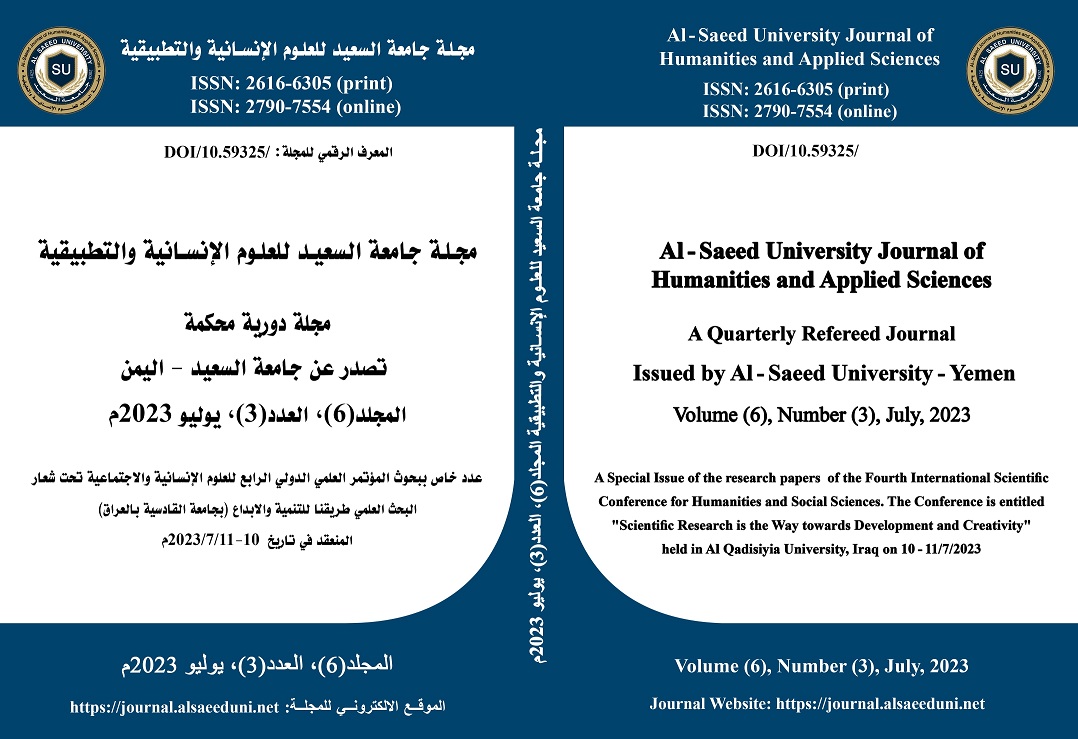The impact of the imagination strategy in the collection of material History among fourth grade students
DOI:
https://doi.org/10.59325/sjhas.v6i3.140Keywords:
research, imagination, achievement, history.Abstract
The current research aims to find out: (The effect of the imagination strategy on the achievement of history subject among the students of the fourth grade of literature), and the researchers adopted the experimental approach as it is the appropriate approach for the research procedures. The research sample amounted to (51) students, and the experiment was applied to my first group, an experimental group that studied using the imagination strategy, and the control group studied in the usual way. The researcher rewarded the two research groups in the variables, including (the ages of the students calculated in months, the previous knowledge test, the previous achievement in the history subject, the first course for the academic year (2020-2021 AD), which affects the effect of the experiment, and the two researchers took the achievement test as the research tool, and the results showed that the two groups They are statistically equivalent, and the researcher used the appropriate statistical methods to conduct the research, including one-way analysis of variance, the coefficient of ease and difficulty of the paragraphs, the coefficient of discrimination, the effectiveness of alternatives, the half-way method, and the Daniels intelligence test. After analyzing the results statistically, the results showed that the students of the experimental group excelled in the achievement test, i.e. there was a significant difference Statistics at the level of significance (0.05) in favor of the experimental group and in the light of the research results, the researcher reached a set of conclusions, recommendations and proposals.
Downloads
Published
How to Cite
Issue
Section
License
copyright is retained by the authors. Articles are licensed under an open access Creative Commons CC BY 4.0 license, meaning that anyone may download and read the paper for free. In addition, the article may be reused and quoted provided that the original published version is cited. These conditions allow for maximum use and exposure of the work.



